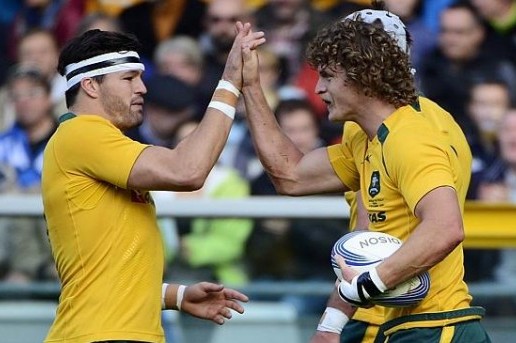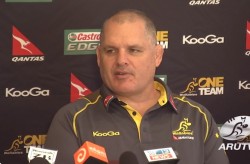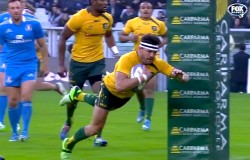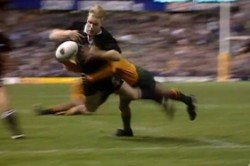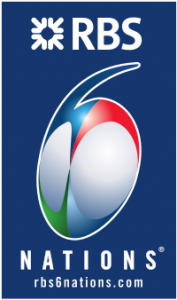Scheduled Website Maintenance
We’re currently in the process of moving to a new and improved server environment. During this transition, the website may experience brief interruptions or temporary outages.
We appreciate your patience while we complete this upgrade. Service will return to normal shortly, with improved performance and reliability.
Thank you for your understanding.
Wednesday’s rugby news has Ewen McKenzie defending his suspensions, a counterargument from Mrs Ashley-Cooper, Australian IRB Hall of Fame inductees and the Six Nations refusing concussion tests.
[one_half last=”no”]
Link further explains sanctions
Ewen McKenzie has staunchly defended his sanctions against 15 Wallabies out drinking on the Tuesday before the Ireland match. ‘This business is about making sacrifices,’ McKenzie emphasised. ‘It’s not about going on a Contiki tour of countries.’
McKenzie has now set a formal midnight curfew for the rest of European tour and alcohol won’t be allowed at the upcoming team dinners. This hard-line approach is designed to build a winning culture leading in to the 2015 World Cup. ‘I want to help these players get there but you have to display championship behaviours; not behaviours that are consistent with some sort of club trip,’ Link said. [/one_half]
[one_half last=”yes”]
AAC’s mum chimes in
Adam Ashley-Cooper’s mother Karen has told a Brisbane radio station that Ewen McKenzie has misrepresented the actions of the 90-Test back. Ashley-Cooper is among six players given one-match suspensions for staying out late and drinking to ‘excessive and inappropriate levels’ last Tuesday night in Dublin. But while the 29-year-old did have several beers, he insisted that he was not intoxicated and was instead punished as a warning to other senior players for coming home after midnight.
So as there was no official curfew in place and players were permitted to have alcohol with their Tuesday night dinner before a rest day, it seems a particularly harsh warning sign in AAC’s case. [/one_half]
[one_half last=”no”]
IRB announces Hall of Fame inductees
Australian legends George Gregan, David Campese, Ken Catchpole and Mark Ella are among 11 rugby legends to be inducted into the IRB Hall of Fame on Monday. ‘The IRB Hall of Fame recognises those who have made an indelible mark on our sport through feats on the field of play, displays of great character or through their tireless and inspirational work in driving forward our great game,’ IRB Chairman Bernard Lapasset said.
Gregan, who was able to make it to Dublin to accept his accolade, publically defended McKenzie’s recent Wallaby punishments, asserting, ‘Culture is based on behaviour and he’s setting that down very, very early and that’s one of the things you have to commend him for.’ [/one_half]
[one_half last=”yes”]
Six Nations wary of concussion protocols
IRB chief executive Brett Gosper has said that some countries within the Six Nations are yet to be convinced of the need to adopt the pitch-side concussion assessments (PSCA) during the next edition of the European tournament. The PSCA allows players to return to action five minutes after a head injury as long as they have been cleared of concussion by medics. Clear signs of concussion (George Smith) should prompt an immediate discontinuation of that player’s involvement.
IRB chief medical officer Dr Martin Raftery stressed the PSCA’s importance for player safety, saying, ‘In the past, 56 per cent of concussed players stayed on the pitch. Now with PSCA, it is down to 13 per cent.’ The PSCA tests should be thought of as the absolute minimum standards, with many still critical of the condensed time-frame of return. [/one_half]

